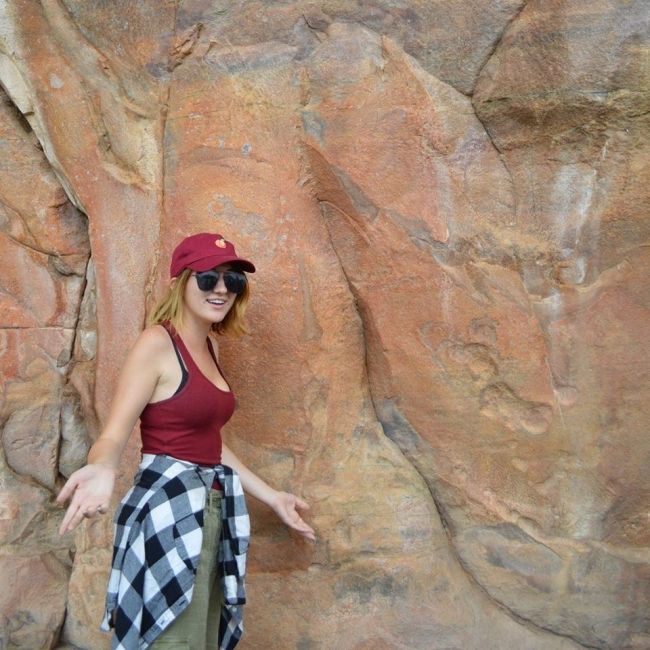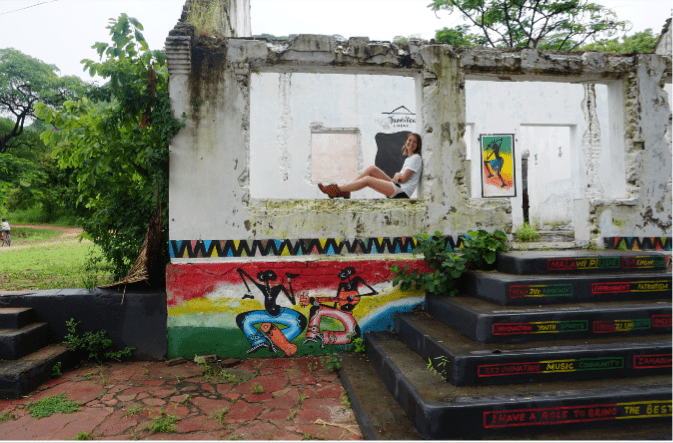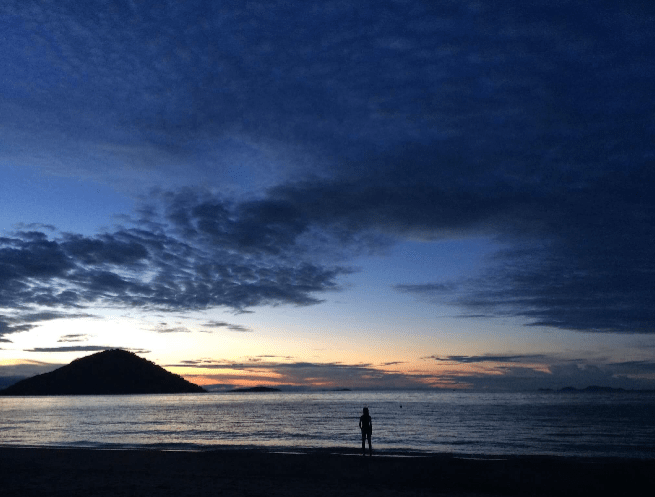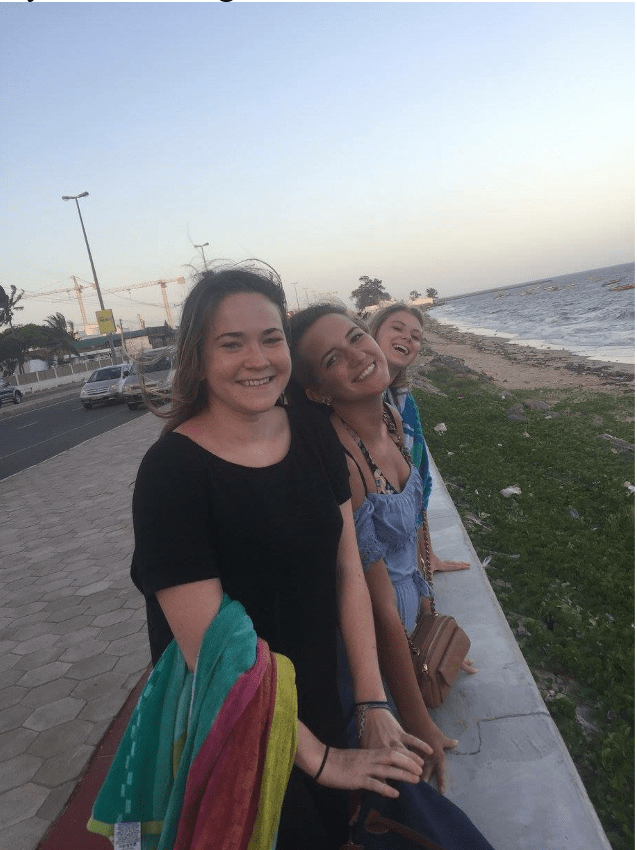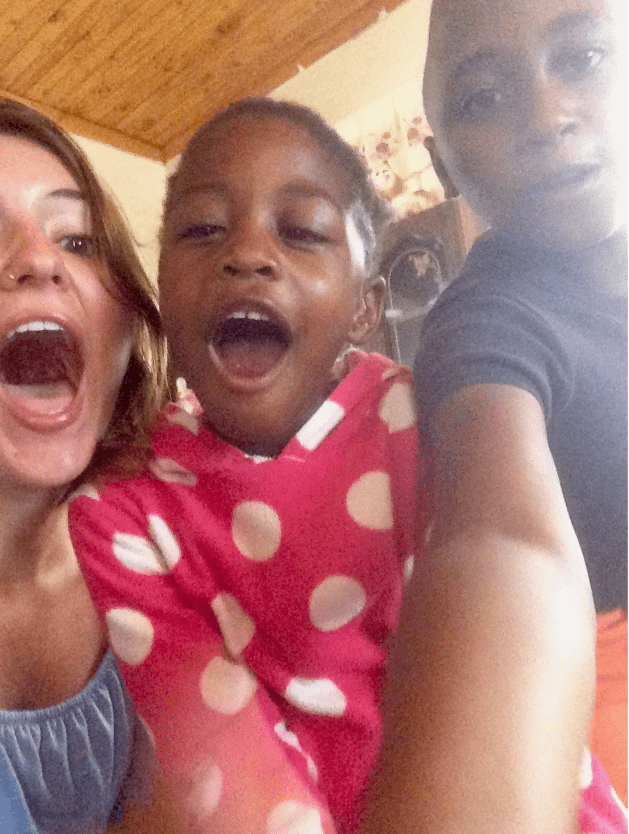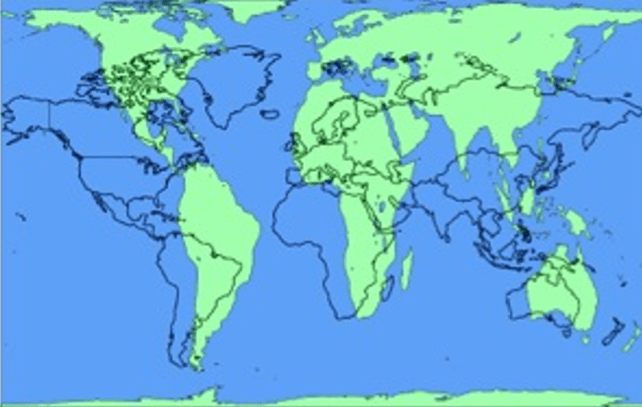Strikecation: Comparing Exchange in Botswana to the “Traditional” Abroad Experience
Tessa Meurer from the University of Southern California
One of the biggest lessons I’ve learned since I came to Gaborone is to go with the flow. I thought I understood this before studying abroad, but the concept has taken on a whole new meaning here. University of Botswana was closed for 3.5 weeks following student strikes over allowances, which were being withheld. As international students, we had no homes or families to go back to for this time, so we turned lemons into lemonade Beyoncé-style and decided to travel for part of that time.
Within a week, 5 of us from the CIEE program planned a trip, booked flights, and headed out to Cape Maclear, Malawi. Suddenly, there we were, driving across Malawi less than a week after deciding to travel. And what a dope strikecation it turned out to be! Cape Maclear is set in Lake Malawi National Park, along one of the Great Lakes of Africa. The small village felt like a microcosm of island mentality set in landlocked Southeast Africa. I spent my days along the lake reading, kayaking, or walking along the beach. For a girl who grew up in Milwaukee along Lake Michigan then moved to Los Angeles right by the ocean, being by water felt like being home.
Later in the semester, I had the opportunity to travel back to water again, this time for spring break! A group of other CIEE students and I drove across South Africa to Maputo, the capitol of Mozambique, and spent a few days exploring the city before driving up the coast to Tofo Beach, a beach town that felt like a surfer and scuba-divers’ paradise. Even now, as I sit in my dorm eating ramen to cut down on costs post-trip, I know the memories will last a lifetime.
One thing I am still coming to terms with after my trips, though, is the inherent privilege I possess in my ability to travel at all, not only to Botswana but to its surrounding countries. Hearing other study abroad experiences - and watching my peers post photos exploring London, Milan, Berlin, Amsterdam – almost normalized the idea of extensive travel for me before I headed abroad. Of course, this is not normal, and I am still grappling with the conflict. There is also a stereotype here that US exchange students are always entirely funded by parents back home, a misconception that “others” study abroad students who may have spent semesters saving up to be able to do exchange at all.
It is also important to note – especially for future UB abroad students - that travelling in Southern Africa is very different from travelling in, for example, Europe. Eurocentric philosophies have long led cartographers to draw the Western world disproportionately large and the African continent much smaller than it should be, skewing our perception of how massive Southern Africa really is (look it up – this is a real thing!). Train systems, flights, and EU visa system all differ remarkably from travel around Botswana and beyond, which consists of international bussing, road trips and my personal favorite: combis. Still, despite its differences and in fact more often because of them, I would never imagine studying anywhere but in Gaborone.
Related Posts

Eat, Drink, Explore: Gaborone
BEST FOOD TO EAT IN BOTSWANA Africa is a meat-eating continent, and Botswana is no different. The country’s national meat dish has two names: “ seswaa” in the Central District... keep reading
Study Abroad in Botswana Africa
For my study abroad, I chose the Community Public Health Program in Gaborone Botswana during the Fall 2024 semester. I am a public health major on a pre-PA track and... keep reading

Internships vs. Volunteering Abroad: Which is Better?
Are you looking for internship or volunteering opportunities while abroad? You’re in luck with CIEE! Follow along as we detail the differences between internship vs. volunteer work and what you... keep reading
